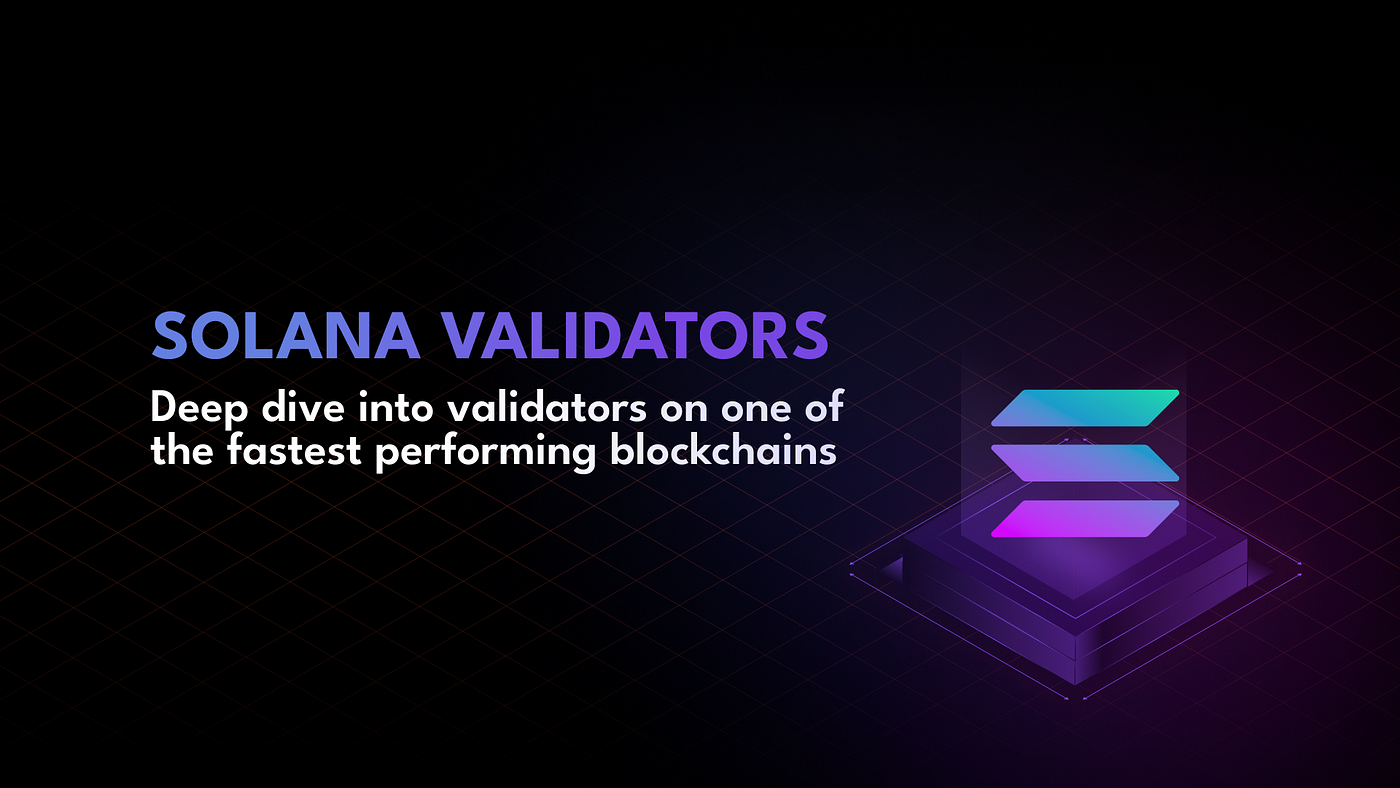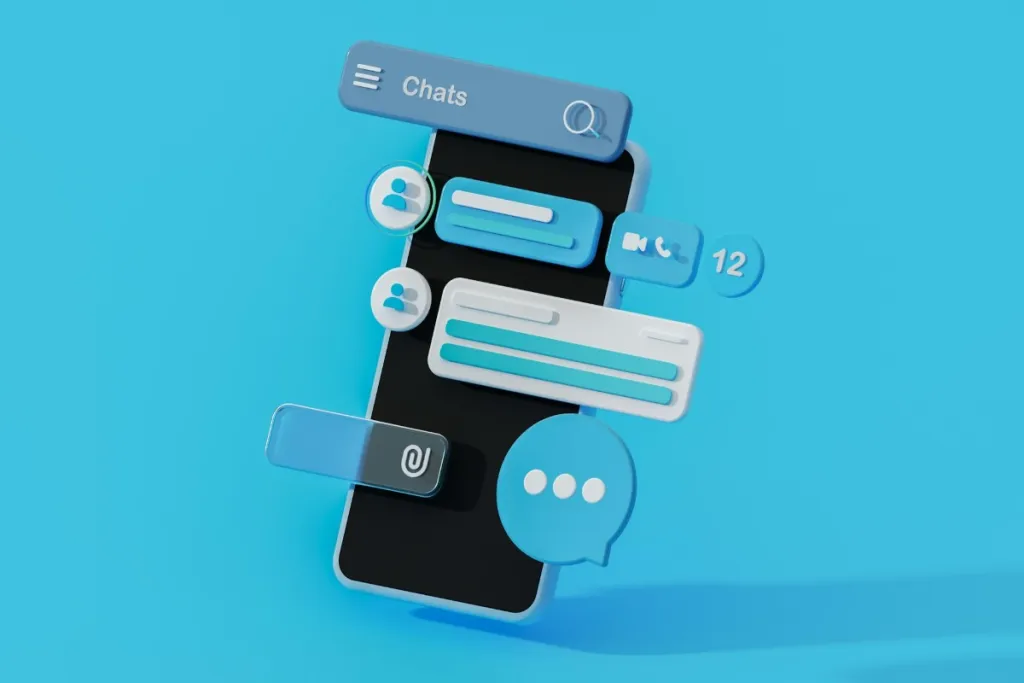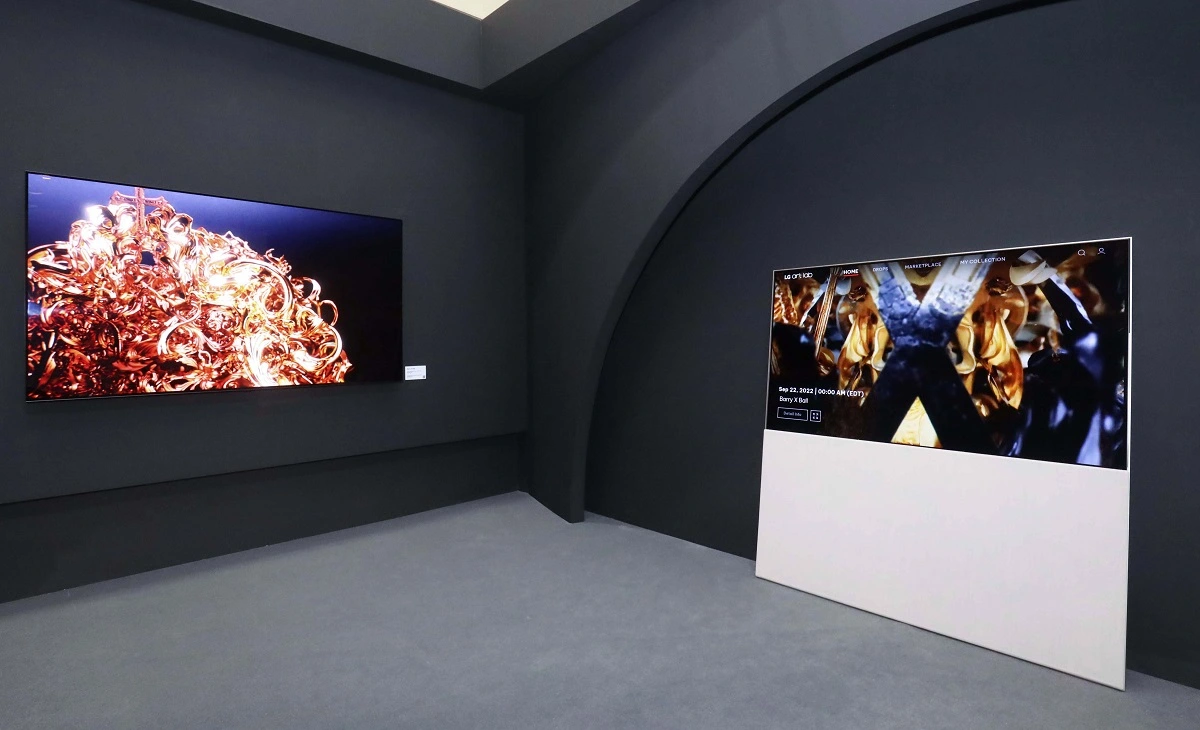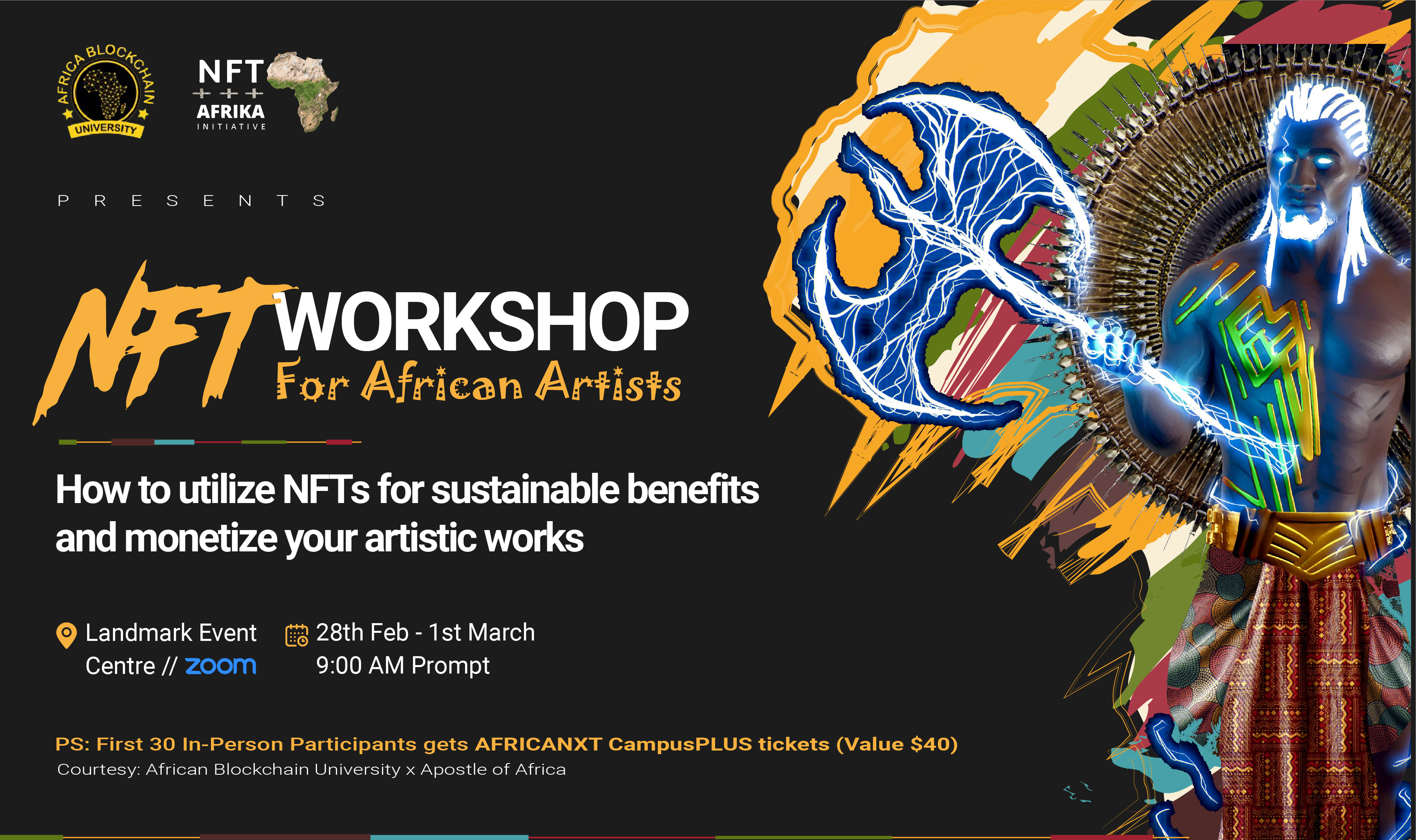On Thursday, a proposal to reform Solana, a high-performance blockchain network, hit a snag after SIMD-0228 failed to secure the supermajority votes needed for implementation.
The proposal, which aimed to replace Solana’s static 4.7 percent inflation rate with a dynamic system, faced strong opposition from smaller validators, preventing what could have been a drastic reduction in staking rewards.
Read also: The Rise and Fall of Solana’s Valuation After $DAVIDO’s Entry
High-stakes battle over inflation
The failed proposal raised intense debate within the Solana ecosystem. Stakeholders, including major investors and influential validators, argued that reducing staking rewards would stabilise SOL’s price by limiting token supply.
“Fewer emissions mean less selling pressure,” said Max Resnick, an economic researcher at Anza Labs and a co-author of the proposal.
However, opposition from smaller validators proved decisive. Many feared that a drastic reduction in staking rewards would undermine their revenue, potentially forcing them out of operation.
“This was rushed and didn’t fully consider the impact on smaller operators,” said SolBlaze, a validator operator who opposed SIMD-0228.
Moreover, the vote saw one of the highest turnouts in Solana’s history, with over 66 percent of validators participating and collectively wielding 75 percent of the network’s voting power. According to blockchain analytics, 60 percent of validators with less than 500,000 SOL opposed the proposal, while 60 percent of larger validators voted in favor.
This divide raised concerns over decentralisation, as many warned that cutting staking rewards could consolidate power among wealthier validators.
“Many feared this would drive out smaller participants, making Solana more centralized,” said Jonny, the operator of Solana Compass.
However, despite this setback, advocates for economic reform are not backing down. “We are going to chat with the ‘no’ voters and find a compromise,” Resnick said, hinting at future proposals with broader community input.
For now, Solana’s high staking rewards continue to shape the network’s economic system amid ongoing debates over sustainability and decentralisation.
Read also: Could a Trump mention ignite Pi Coin? Experts predict a potential 200% price surge
About Solana
Solana is a high-speed, low-cost blockchain known for its Proof of History mechanism, scalability, and smart contract functionality.
The blockchain platform was founded in 2018; It powers decentralised finance (DeFi), NFTs, and decentralised applications.





